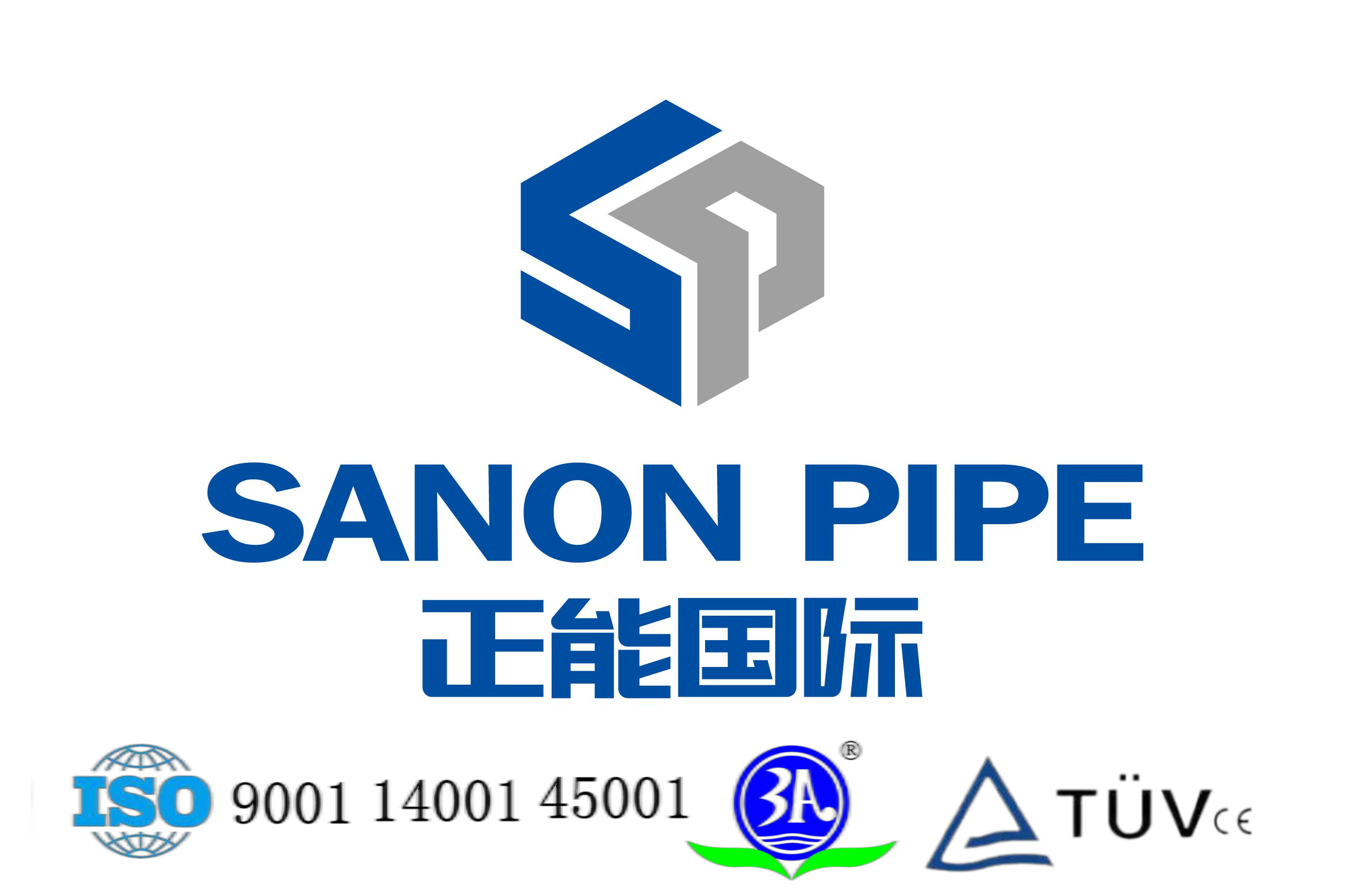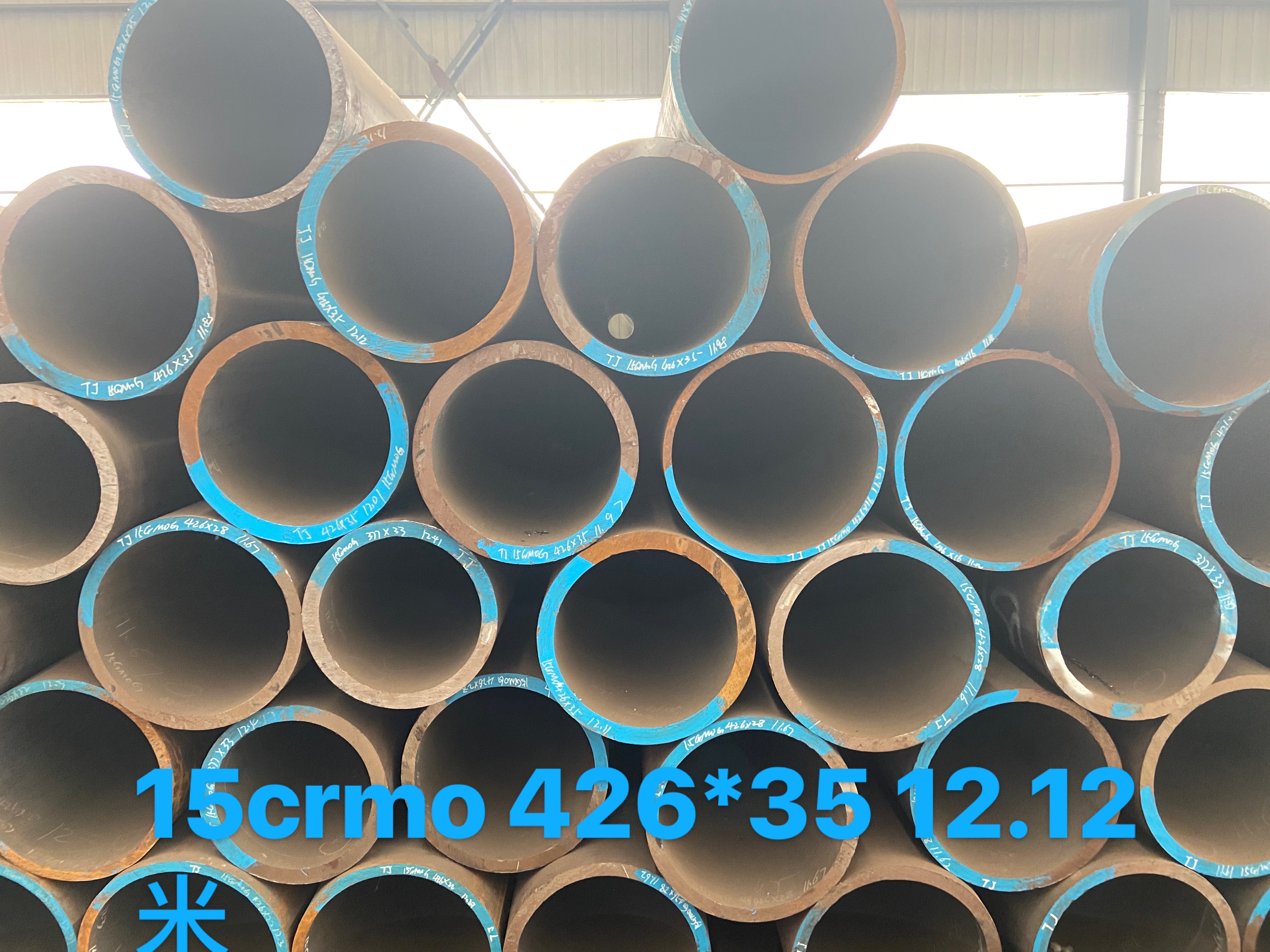(I) Carbon steel seamless steel pipes
| standard | Standard Code | Grade | Application | Test |
| GB/T8163 | Seamless steel pipe for fluid transportation | 10、20、Q345 | Oil, gas and public media with design temperature less than 350℃ and pressure less than 10MPa | |
| GB3087 | Seamless steel tubes for low and medium pressure boilers | 10、20etc. | Superheated steam and boiling water from low and medium pressure boilers, etc. | |
| GB9948 | Seamless steel pipe for petroleum cracking | 10、20etc. | It is not suitable to use GB/T8163 steel pipes. | Expanding, impact |
| GB5310 | Seamless steel tube for high pressure boiler | 20G etc. | Superheated steam medium for high pressure boilers | Expanding, impact |
| GB6479 | High-pressure seamless steel pipe for fertilizer equipment | 10、20G、16Mn etc. | Oil products and gas with design temperature of -40~400℃ and design pressure of 10.0~32.0MPa | Expanding, impact, low temperature impact toughness |
| GB/T9711 | Technical delivery conditions for steel pipes for oil and gas industry |
Inspection: Generally, steel pipes for fluid transportation must undergo chemical composition analysis, tensile test, flattening test and water pressure test. In addition to the tests that must be conducted on steel pipes for fluid transportation, steel pipes of GB5310, GB6479 and GB9948 are also required to undergo expansion test and impact test; the manufacturing inspection requirements for these three steel pipes are relatively strict. GB6479 standard also makes special requirements for the low-temperature impact toughness of materials. In addition to the general test requirements for steel pipes for fluid transportation, steel pipes of GB3087 standard are also required to undergo cold bending test. In addition to the general test requirements for steel pipes for fluid transportation, steel pipes of GB/T8163 standard are required to undergo expansion test and cold bending test according to the agreement. The manufacturing requirements for these two pipes are not as strict as the first three. Manufacturing: Steel pipes of GB/T/8163 and GB3087 standards are mostly smelted by open-hearth furnace or converter, and their impurity components and internal defects are relatively more. GB9948 is mostly smelted by electric furnace. Most of them have added the refining process outside the furnace, and the composition and internal defects are relatively less. GB6479 and GB5310 standards themselves stipulate the requirements for refining outside the furnace, with the least impurity components and internal defects, and the highest material quality. The manufacturing quality levels of the above steel pipe standards are in the order from low to high: GB/T8163 <GB3087 <GB9948 <GB5310 <GB6479 Selection: In general, the steel pipes of GB/T8163 standard are suitable for oil products, oil and gas and public medium conditions with a design temperature of less than 350℃ and a pressure of less than 10.0MPa; for oil products, oil and gas media, when the design temperature exceeds 350℃ or the pressure is greater than 10.0MPa, GB9948 or GB6479 standard steel pipes should be selected; for pipelines operating in the presence of hydrogen, or pipelines working in an environment with a tendency to stress corrosion, GB9948 or GB6479 standards should also be used. All carbon steel pipes used at low temperatures (less than -20℃) should adopt GB6479 standard, which is the only one that stipulates the requirements for low-temperature impact toughness of materials. GB3087 and GB5310 are standards specifically set for boiler steel pipes. The Boiler Safety Supervision Regulations emphasize that all pipes connected to boilers are subject to supervision, and the application of their materials and standards should comply with the provisions of the Boiler Safety Supervision Regulations. Therefore, the public steam pipes (supplied by the system) used in boilers, power stations, heating and petrochemical production equipment should adopt GB3087 or GB5310 standards. It is worth noting that the price of steel pipes with good quality standards is also relatively high. For example, the price of GB9948 is nearly 1/5 higher than that of GB8163 materials. Therefore, when selecting steel pipe material standards, comprehensive considerations should be made based on the use conditions, and both reliability and economy should be considered. It should also be noted that according to GB/T20801 and TSGD0001, steel pipes of GB3087 and GB8163 standards shall not be used for GC1 pipelines (unless they are ultrasonically tested one by one and the quality is not less than L2.5, they can be used for GC1(1) pipelines with a design pressure of no more than 4.0Mpa).
(II) Low alloy steel seamless steel pipes In petrochemical production equipment, the commonly used chromium-molybdenum steel and chromium-molybdenum-vanadium steel seamless steel pipe standards are GB9948 "Seamless steel pipes for petroleum cracking" GB6479 "High-pressure seamless steel pipes for fertilizer equipment" GB/T5310 "Seamless steel pipes for high-pressure boilers" GB9948 contains chromium-molybdenum steel material grades: 12CrMo, 15CrMo, 1Cr2Mo, 1Cr5Mo, etc. GB6479 contains chromium-molybdenum steel material grades: 12CrMo, 15CrMo, 1Cr5Mo, etc. GB/T5310 contains chromium-molybdenum steel and chromium-molybdenum-vanadium steel material grades: 15MoG, 20MoG, 12CrMoG, 15CrMoG, 12Cr2MoG, 12Cr1MoVG, etc. Among them, GB9948 is more commonly used, and the selection conditions are as above.
Post time: Dec-11-2024






